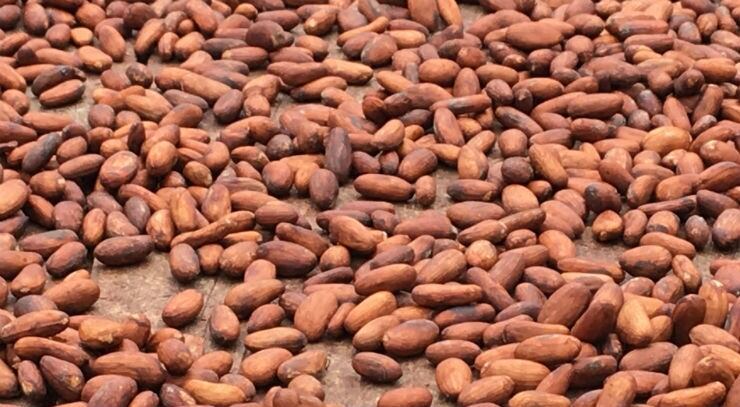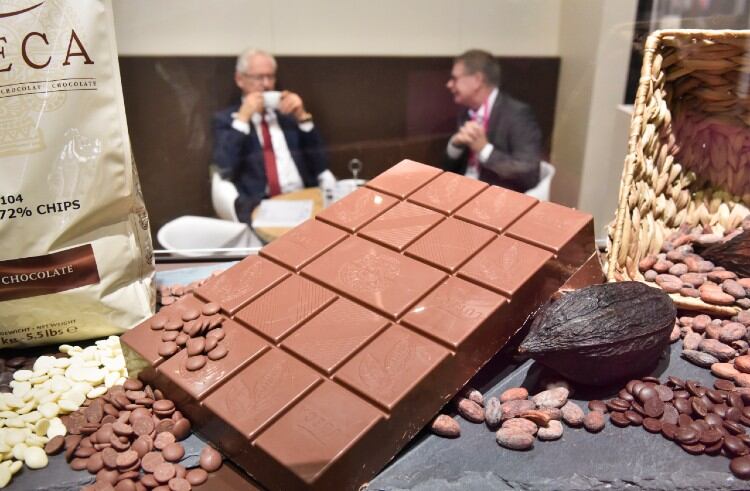Responsible design of supply and value chains and sustainability are important issues for the German confectionery industry and its manufacturers of confectionery, branded ice cream and snack items are committed to achieving the best higher social and environmental standards.
Enjoyment and responsibility are not mutually exclusive, it says, and the BDSI wants a national supply chain law that also enshrines legal civil liability in external supply chains.
“The European Union must speak with one voice in order to politically enforce compliance with human rights in the producing countries. No company can completely and permanently monitor the entire manufacturing and delivery processes in its international supply chain. In addition, a supply chain is not a static structure, but changes continuously,” says Bastian Fassin, Chairman of the BDSI.
The BDSI says at present it must deal with a patchwork of different regulations regarding individual EU member states.
Due dilligence
While Germany, for example, defines due diligence with regard to human rights and environmental protection, British law is only directed against slavery. The Dutch legislature has so far only focused on child labor. And in other EU member states there are no regulations at all.
The BDSI says that instead of introducing a German law and more new national regulation, the Federal Government should use its EU Council Presidency to drive the European process forward and lead to a consensus so that the EU Commission unites as intended in early 2021 with a legislative proposal for ‘better regulation’.
Politics
In addition, German politics must not ignore the fact that companies in the confectionery industry, in particular, have a good sustainability record for its raw materials cocoa and palm oil, in cases far beyond the industry average.
Around 90% of the palm oil used in confectionery, snacks and ice cream is already certified according to sustainability standards, and 72% in cocoa, the BDSI claims.



